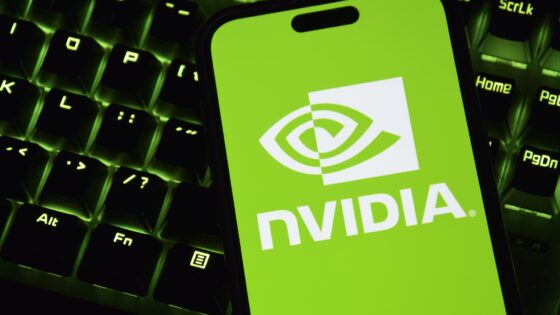In an announcement posted on Facebook’s blog, CEO Mark Zuckerberg laid out his plan to make Facebook more private, which includes steps such as bringing high-end encryption and self-destruct features to Messenger as well as other social media apps owned by Facebook.
While Facebook Messenger does give users the option to send messages with end-to-end encryptions via a feature called “Secret Conversations”, some feel that this is not enough, saying that the privacy feature is not even the default chat option.
In Secret Conversations, the messages are encrypted to the original device that sent and received them, which means that even if somebody manages to access the account from another device, they will not be able to see the messages. Secret Conversations also allow users to select how long they want their message to be visible before it self-destructs from both the sender’s and the receiver’s devices. The company stores no copy of these conversations.
Facebook is planning to take these features and put them in regular chat conversations. Users will soon be able to make their messages self-destruct, either by deletion or archive, after a minute, a month, or a year. Facebook says that doing this will allow users to avoid the permanence problem or the dilemma that arises from the idea that everything that’s on the internet stays on the internet forever.
Zuckerberg said about the upcoming changes, “The future of communication will increasingly shift to private, encrypted services where people can be confident what they say to each other stays secure and their messages and content won’t stick around forever. This is the future I hope we will help bring about.”
Critics, however, weren’t too amused. According to a report from NPR (National Public Radio), some described the move as “a thinly veiled power grab to sidestep tougher regulations aimed at protecting data privacy that is being considered in California and other states as well as in Congress.”
































